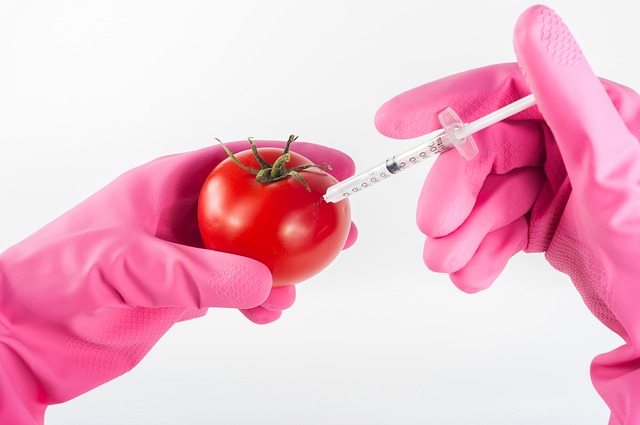Despite getting a bad rap, there’s no credible scientific evidence to show genetically modified organisms (GMOs) are anything other than safe. In fact, a large scientific study released earlier this year by the National Academy of Science concluded that genetically engineered food crops are safe and pose no harm to human or environmental health after reviewing over 900 studies, testimony from more than 80 experts and about 700 public comments.
However, in Technomic’s Canadian Healthy Eating Consumer Trend Report, more than 60 per cent of Canadians say they’d be more likely to buy food described as GMO-free. Maybe that’s because of widely circulating GMO myths, which we bust wide open below with cold, hard facts.
Modifying genes is unnatural. Actually, Mother Nature is the original genetic modifier — plants and animals have naturally been adapting to predators and changes in their environment for millions of years. Traditional breeding methods are still the basis of genetic improvement in plants and animals today, except that science has made the process quicker and more precise. Tweaking genes means we now have virus-free papaya, drought-tolerant corn, soybeans that survive weed killer, potatoes that don’t bruise, and crops that yield more while costing less.
Regulatory oversight is lax. The regulatory approval process for genetically modified organisms is lengthy and thorough, involving more than 90 government bodies globally. The recently approved Arctic Apple – an apple variety that doesn’t brown when it is cut the way conventional apples do – and Innate potato – a non-browning tuber – both took years to wind their way through the regulatory approvals process in both Canada and the United States before being approved for market. On average, GMOs take 13 years of research and development before coming to market, with regulatory science and registration activities alone taking one to three years in Canada.
Eating GMOs can change your DNA. Any food you eat, whether GMO or not, contains DNA material that is foreign to human DNA, but an “added” gene will not leave the GMO’s DNA and become part of yours if you ingest it.
I can avoid GMOs in produce by eating only organic. Most produce at the grocery store is not GMO. There are currently only a few fruits and vegetables on the market that might be GMO, including edamame, Hawaiian papaya, summer squash, sweet corn, zucchini, and the recently approved non-browning apple and non-bruising potato mentioned earlier. Corn, soybeans, canola, sugar beets and cotton are the most common biotech crops.
www.newscanada.com
To receive similar content, “Like” us on Facebook @ https://www.facebook.com/niagarabuzz.ca









